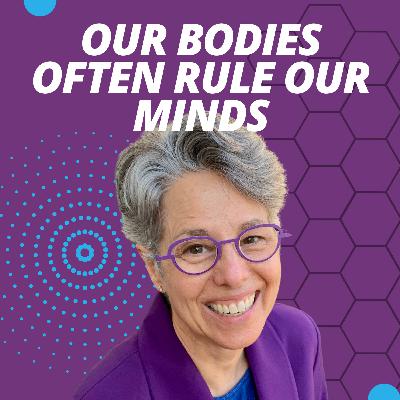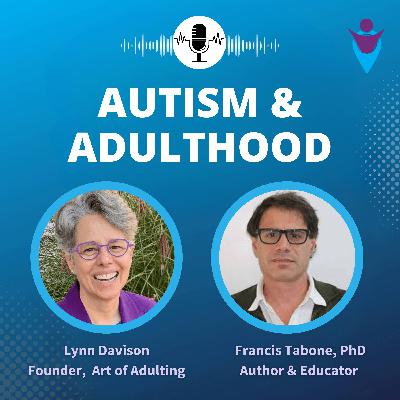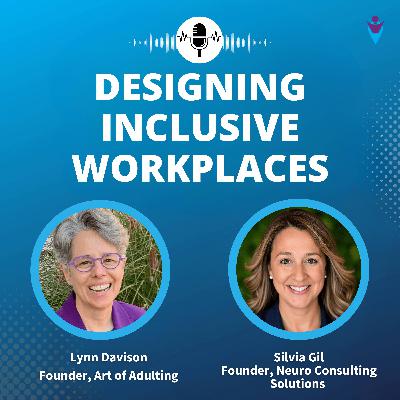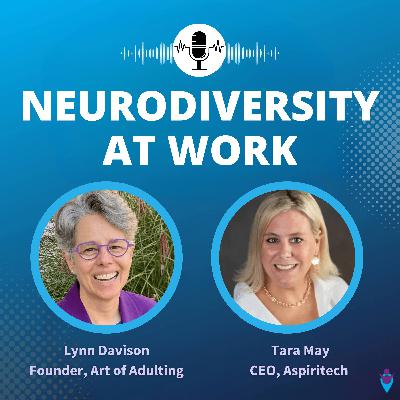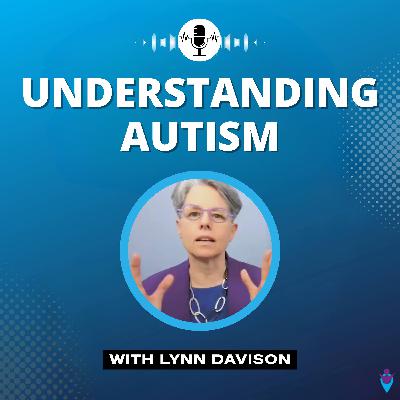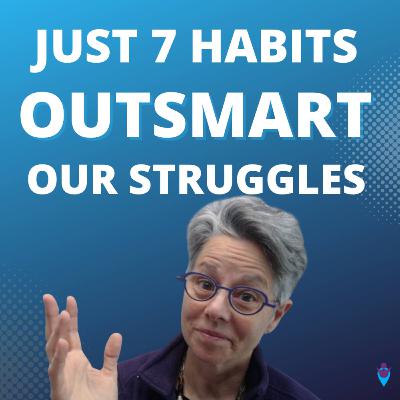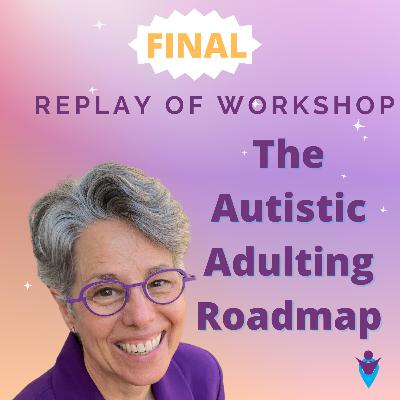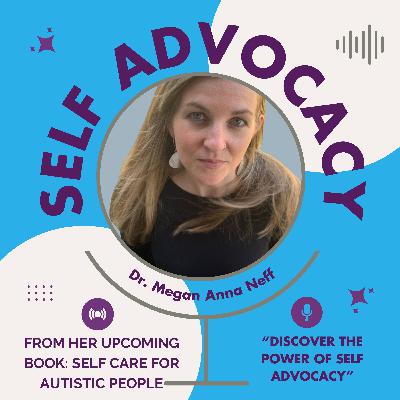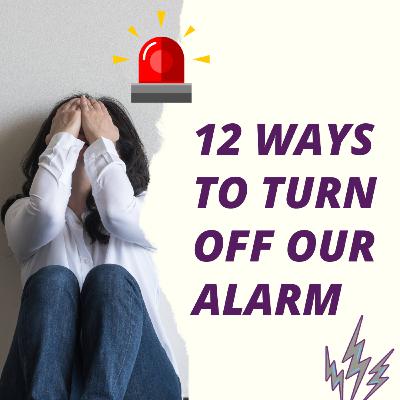Let's notice our body's impact on thinking to help our autistic graduates feel safer
Description
Are shutdowns and meltdowns voluntary? Or are they our body’s way of managing our brain?
Holly Bridges asserts that a shutdown or meltdown isn't willful, it's the nervous system that has learned a safety response to pain and fear.
Let’s get aware of the body's impact on thinking so our autistic graduates can navigate life better.
Here's my summary of Holly Bridge's theory and experience behind her Autism Refame Therapy.
As parents of autistic graduates, we can teach people with autism how to feel calm in their bodies so they connect better with all their systems including social engagement.
When we attune to which body-based calming activities help them get their nervous system centered, we can encourage them to practice those actions regularly. They'll feel better more often and may be able to negotiate life with more comfort.
Holly Bridges | Autism and the Polyvagal Theory: Building emotional and physical resilience through body awareness https://www.youtube.com/watch?v=WShQJa-xUZQ&t=20s
Holly Bridges | Autism Journeys August 2021 https://www.youtube.com/watch?v=E-2PrDy5UJA Holly Bridges | Potency of Dorsal State https://otter.ai/u/gorFNR-h1QiBcdUvCi2f4qpUrkA?utm_source=copy_url
More resources at https://linktr.ee/lynncdavison

